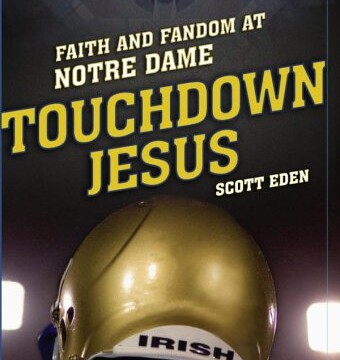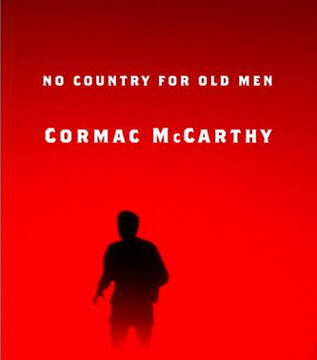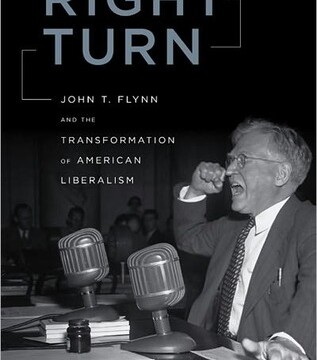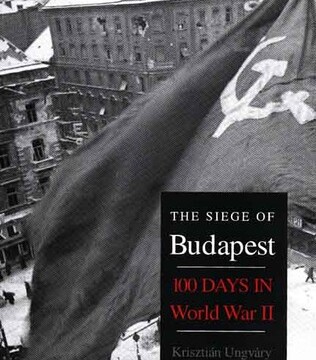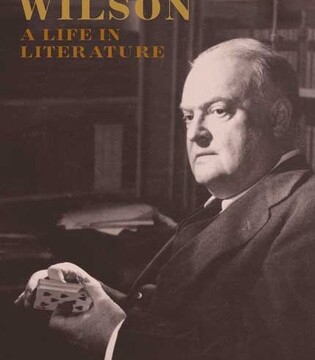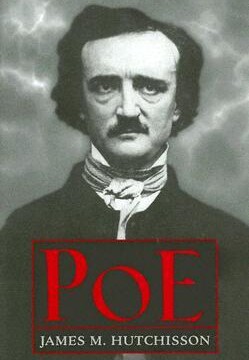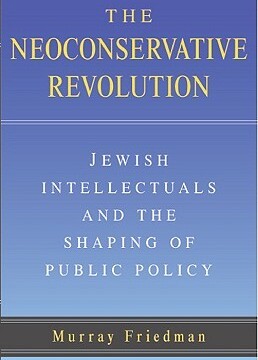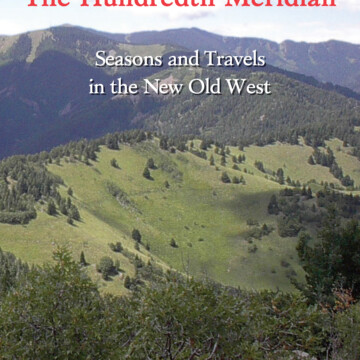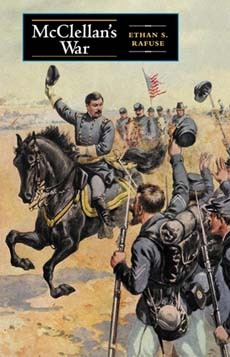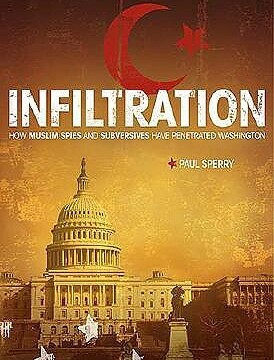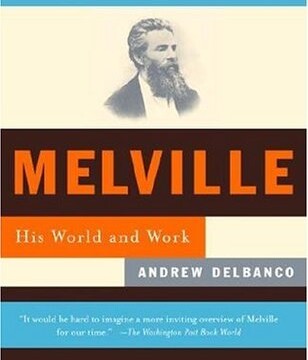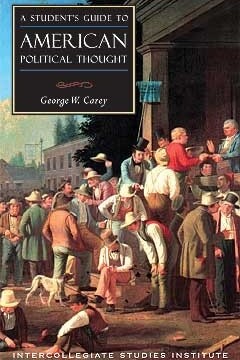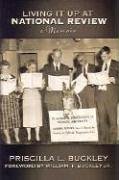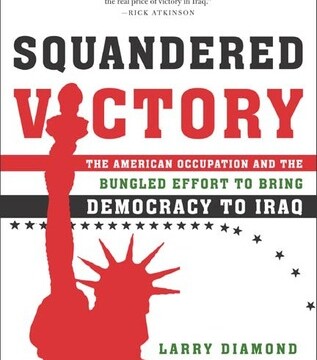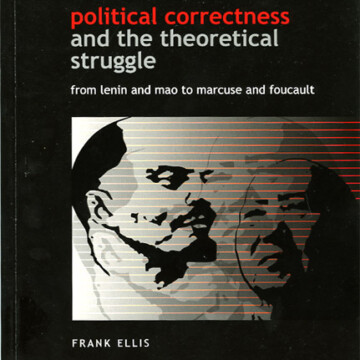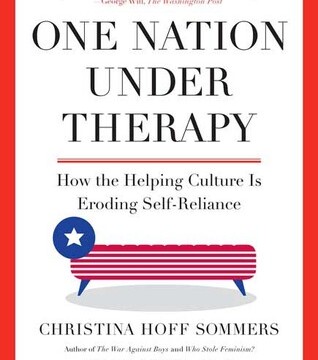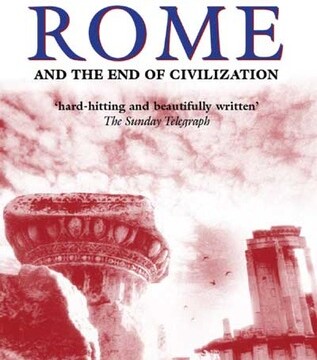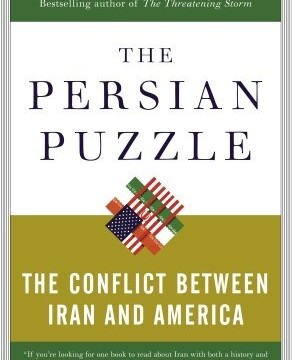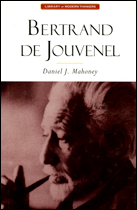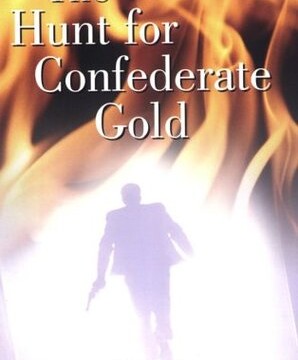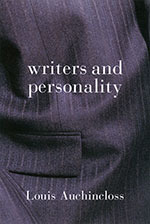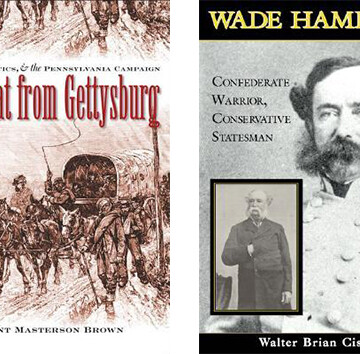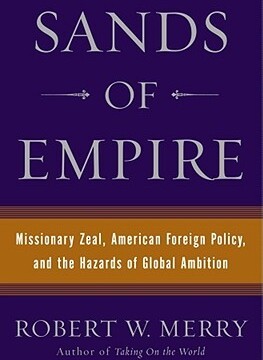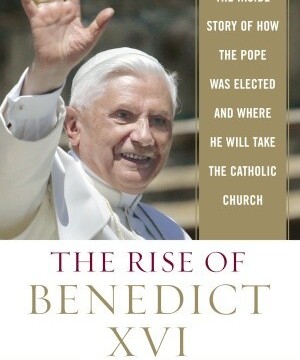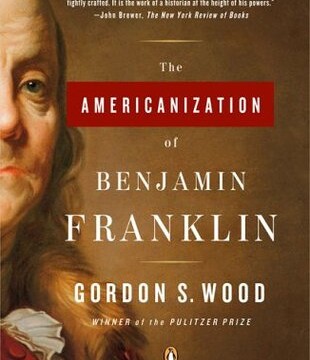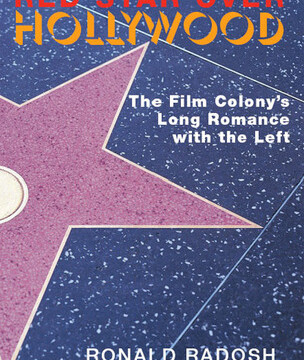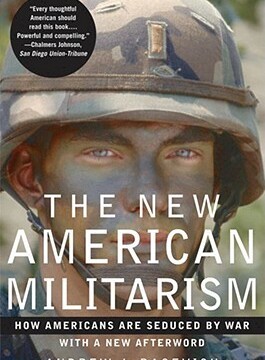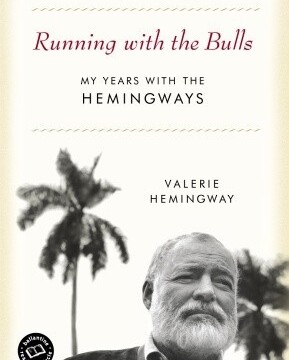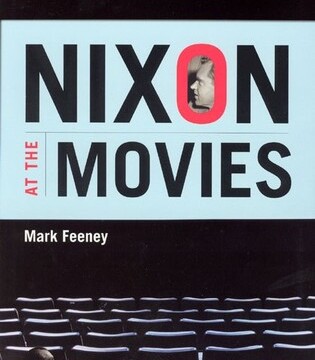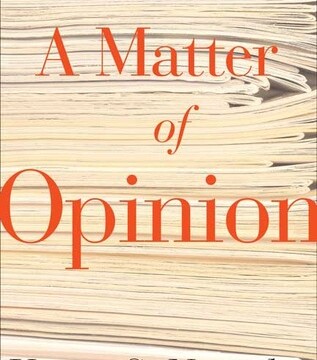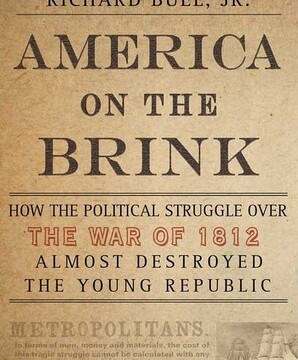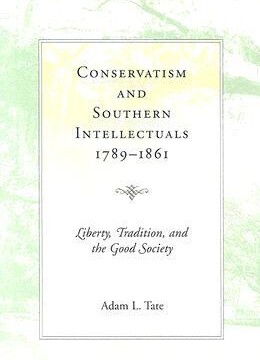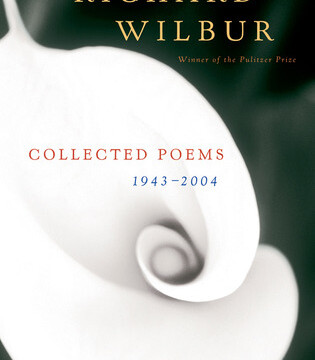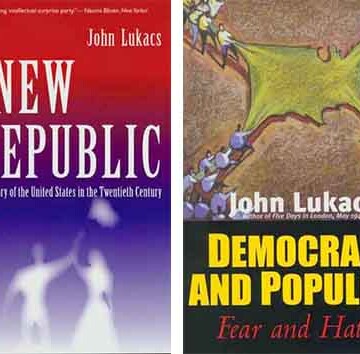It must surely embarrass John Miller and the other Francophobic neocons to realize that one of the quintessential American institutions was founded by an intrepid French missionary, who offered this vision for his action: “I have raised Our Lady aloft so that men will know, without asking, why we have succeeded here.” And it is...
Category: Reviews
No Country for Anyone
The few reviews I’d read of Cormac McCarthy’s new novel, including the lead in the New York Times Book Review, though laudatory, had little more to say than that No Country for Old Men would (will) make a terrific screenplay. So much for the art of book reviewing these days. Another way to say it...
Enemies Right and Left
“Liberalism is too often merely a way of speaking.” —Oscar I. Janowsky Until the day he died in April 1964, John T. Flynn insisted that he was a liberal. Once, that self-designation had not been controversial. This was a man who, as a member of the New York City Board of Higher Education in the...
The Two Faces of Marxism
I have one major problem with Paul Gottfried’s The Strange Death of Marxism: The European Left in the New Millennium: The title does not really fit the book. Professor Gottfried describes how Marxism as an economic theory has lost its appeal, even on the left, since World War II. Today’s leftists no longer advocate nationalization...
Hell in Panonia
The siege of Budapest in the winter of 1944-45 was not as militarily significant as that of Stalingrad or as colossally wasteful of human life as Leningrad, but it was still a human tragedy of the highest order. For the Germans and their (often reluctant) Hungarian allies, Hitler’s order to defend the capital of Hungary...
Civis Americanus Sum
“I was born an American; I will live an American; I shall die an American.” —Daniel Webster In the spring of 1963, my sister and I were invited, along with my parents, to a dinner party given by White Russian friends at their penthouse apartment in Manhattan, whose tall mahogany-framed windows overlooked lower Central Park. ...
The Virginian
To be published by a university press, one must demonstrate originality of scholarship. In a forgetful age, that is not hard to do. It is easier still when a constant rewriting of history is required to meet the ever-changing dictates of empire. This latest biography of Edgar Allan Poe promises to emphasize “as never before”...
The State as Rabble-Rouser
Michael Mann has long been the most interesting exponent of what might be called British post-Marxist sociology. In his essays in the Archives européennes de sociologie, his Sources of Social Power (two volumes), and other writings, Mann has applied a four-power model (ideological, political, military, and economic) to historical studies, seeking thereby to overcome Marxist...
Later, Not Better
The work of a longtime author on social problems, on the deteriorating relations between blacks and Jews, and on Philadelphia civic life who also served as a Reagan appointee to the U.S. Civil Rights Commission, Murray Friedman’s history of the neoconservative ascent to power is neither scholarly nor balanced. Nor is it a book I...
Seasoned Travels
“The land of the heart is the land of the West.” —G.P. Morris Readers of Chronicles are familiar with Chilton Williamson, Jr.’s regular contributions under the title The Hundredth Meridian, a rubric launched in the 1990’s. The first two dozen or so of these columns were conceived as chapters in a serialized book. With minor...
The Path Not Taken
McClellan’s War: The Failure of Moderation in the Struggle for the Union by Ethan S. Rafuse Bloomington: Indiana University Press; 525 pp., $35.00 Walt Whitman remarked after it was over that “the real war will never get in the books,” and, despite all the volumes that have been written since then, his prediction remains largely...
Contra War, Contra Neo-conned
Readers of Chronicles know that the American war with Iraq is worthy of condemnation on many levels. Not only has it continued to earn our country the opprobrium of a number of Middle Eastern nations, and created frustration among many others, but the invasion and occupation of Iraq flies in the face of the classical...
Europe’s Belgian Future
If you plan to read only one book on foreign affairs in the next year, you should read Paul Belien’s A Throne in Brussels. Belien is a lawyer and a journalist, a rare free-market advocate who understands the importance of ethnic identity. On one level, Belien’s book is a ruthless investigation of the history and...
An Adversarial Culture
Following the U.S. invasion and occupation of Afghanistan, John Walker Lindh, also known as Suleyman al-Faris and Abdul Farid, got his 15 minutes of fame the hard way. Or perhaps it is more proper to say that he was the object of a Two Minutes Hate by many on the right, even as his arrest...
I Would Prefer Not To . . .
In these biographically minded days, Professor Delbanco has not called his work a biography of Melville—his subtitle does not say “His Life and Work.” I think this distinction is not without significance, particularly because his book takes the form, if not the substance, of a literary biography: It follows the course of an author’s life...
The Road to Ideology
Americans have never been big on “political theory.” In our nation’s early decades—and arguably, up to World War II—folks were comfortable with their republican form of government and its tenets of self-reliance and self-government. However, over the past 50 years, political thought—specifically concerning what the U.S. Constitution actually means—has undergone a radical transformation. During that...
The Good Times Rolled
Almost 50 years ago, William F. Buckley, Jr., made what was undoubtedly the shrewdest and most audacious move of his life. He invited his sister Priscilla to quit her job and join the staff of a magazine he had just started. To appreciate fully the depths of his brotherly nerve, it should be understood that,...
History Is Contemporary
Alex Dragnich’s attempt to compress a multifaceted millennium of Serbian history into 160 pages is bold and could be considered audacious in a lesser man. So much has to be left out, and what is included has to be treated with such economy and such precision, that many a professional would cringe at the task....
Learning At the Periphery
“Soldiers are the only hope against democrats.” —Wilhelm von Merckel The Bush administration’s crusade to overthrow Iraqi dictator Saddam Hussein and build Iraq into a democratic model for the Middle East has become a highly controversial and divisive undertaking. Larry Diamond was not a supporter of the war in Iraq, but when his old friend...
Flickers of Resistance
“In the twentieth century you could not see the ground for clever men. . . . And all these clever men were at work giving accounts of what would happen in the next age.” The discussion of prophetic literature with which Chesterton begins The Napoleon of Notting Hill is itself an accurate piece of prophecy. ...
Tremendous Twaddle
There was a time, not long ago, when Britons just laughed at political correctness, seeing it as a Californian cult that no one with any common sense could ever take seriously. Even now, one comes across Conservative politicians who will say that such and such a news story is evidence of “political correctness gone mad”—as...
Suffering Narratives
On September 14, as horrifying images broadcast from New Orleans dominated the nation’s headlines, USA Today, citing as its source Charles Currie, head of Substance Abuse and Mental Health Services, reported that as many as a quarter of the Hurricane Katrina “evacuees” would fall victim to Post Traumatic-Stress Disorder (PTSD) and require long-term professional care....
Roll On, Beethoven
The fate of the famous in this postmodern and even campy time is problematical. The multicultural agenda is not considerate of the distinguished or of distinctions, and “diversity” imposes quotas on what we may be permitted to admire, to enjoy, or even to know. What’s more, “the melting of forms” characteristic of the 20th century...
Truth of Blood and Time
Here’s my wisdom for your use, as I learned it when the moose And the reindeer roamed where Paris roars to-night:— There are nine and sixty ways of constructing tribal lays, And — every—single — one—of— them — is — right! —Rudyard Kipling, “In the Neolithic Age” When I was a college student in the...
The Cataclysm That Happened
Why did the Roman Empire in the West fall apart in the fifth century? The argument started even before Odovacar forced the German puppet Romulus Augustulus, whimpering, off the stage in 476. When, in 410, Alaric and his Visigoths sacked Rome, old-fashioned pagans immediately blamed Christianity and the neglect of the old rituals for the...
Britain’s Liberal Legacy
One can easily imagine meeting David Conway in the company of Adam Smith or David Hume—an historical conceit that would please him. A quietly spoken, formidably intelligent philosophy professor, he is a senior research fellow at Civitas, the think tank that grew out of the Institute for Economic Affairs—and a very agreeable lunch companion, as...
Misinterpreting Iran—and the World
“Learn to think imperially.” —Joseph Chamberlain Imagine that, for a few years, you had been investing the money you had saved for your daughter’s college education in one of those moderately conservative plans that provide some increase in the value of the investment without exposing it to major risks. But then your financial planner—let’s call...
Out of Harm’s Way
In this factually and conceptually rich biography of French political thinker Bertrand de Jouvenel (1903-1987), Daniel J. Mahoney has at least begun the task that he sets for himself in the Preface: performing an “act of intellectual recovery” to “rectify the unwarranted neglect of one of the most thoughtful and most humane political thinkers of...
Lessons From Experience
Consider these two premises: First, in 1865, the Confederacy is collapsing, and President Davis, concerned about the funds in the treasury, sends a young naval officer out on a wild expedition to hide the gold, to be used some day to help the South. Second, in 2005, knowledge of the whereabouts of the hidden gold...
Art and Artist
This collection of essays, generally short, on some two dozen authors, chiefly novelists, underlines “the delight of great books,” to borrow a phrase from John Erskine. It fits the definition that Anatole France (one of the writers treated) gave of literary criticism: “les aventures de son âme au milieu des chefs-d’œuvre” (“the adventures of one’s...
Gifted Amateurs
Since they first appeared in the late 19th century, professional academic historians in the United States have been pretty much Establishment men (though, in other days, they did observe some canons of evidence and reasoned argument, and an occasional maverick appeared to remind that historical understanding should be an evolving debate and not a party...
Progress in the Sands
“The mission of the United States is one of benevolent assimilation.” —William McKinley What sets Sands of Empire apart from the growing list of books scrutinizing the Bush administration’s foreign policy is its philosophical ambition. Where other authors have contented themselves with estimating the neoconservative influence on America’s strategic posture or describing the nation’s slouch...
Habemus Papam
In response to the badgering of reporters during the interregnum about whether the new pope would be a liberal or a conservative, Justin Cardinal Rigali of Philadelphia responded that the next pope will be Catholic. With the election of Joseph Cardinal Ratzinger as Pope Benedict XVI, the Church has not only a Catholic pope but...
Setting History Straight
Having sensed in the 1990’s that most European and American reporting about the Balkans was suspect, I find that this investigative study by a young German journalist, associated with the publication Junge Welt, fills in gaping holes in the received account of a controversial phase of recent history. Contributing to my uneasiness over the establishment’s...
The Party Pooper
Keith Sutherland is a respected British publisher of such works as History of Political Thought and Polis: The Journal of Greek Political Thought, as well as the executive editor of the Journal of Consciousness Studies. He has also edited such important collections of essays as The Rape of the Constitution? (2000)—of which compendium Margaret Thatcher...
A Master of His Time
Gordon S. Wood’s Americanization of Benjamin Franklin is a welcome testimony to the renewed interest in America’s Founding Fathers. Although most Americans have a clear idea as to the importance of Washington’s military role and Jefferson’s contribution in writing the Declaration of Independence, few appreciate the pivotal part Franklin played in legitimizing the Revolution among...
Moscow in Malibu
This new consideration of a well-worn subject is altogether justified for two salient reasons. The first is that Red Star Over Hollywood contains new material and judgment fortified by new research and information; the second, that the topic has been distorted not only by failures of interpretation but by continuing exploitation, even today. The Radoshes...
The Imperial Trajectory
“We oppose militarism. It means conquest abroad and intimidation and oppression at home. It means the strong arm which has ever been fatal to free institutions. It is what millions of our citizens have fled from Europe.” —Democratic National Platform, 1900 Mention militarism, and names that come to mind probably include men on horseback such...
Raisonné Dérèglement
Whether all authorities agree with what is averred here—that Ernest Hemingway was one of America’s greatest writers—is uncertain. Surely, however, his work constituted a watershed; if his chastened style and objective manner no longer seem striking, it is because subsequent American writing owes so much to him that his originality is disguised. Prima facie evidence...
The Conservative Cosmos
There is no question that the media landscape has shifted seismically in the last two decades. In the Reagan years, I eagerly subscribed to National Review and the American Spectator; I even sent in an ad from National Review for a magazine called Chronicles of Culture. Those publications, joined by Human Events and numerous syndicated...
Twentieth Century Fox
If, indeed, the second half of the 20th century was, in our country, “the age of Nixon,” as Robert Dole declared in his eulogy for the man at Yorba Linda in 1994, then Mark Feeney has undertaken to demonstrate just how that age fits into the larger category of the 20th century itself as “the...
Shoddy Goods, Shoddy Selves
Victor Navasky’s memoirs, which discuss his longtime relation to the Nation and how he came to publish that magazine, create for the reader two misleading impressions before he gets beyond the dust cover. Contrary to the blurbs of Bill Moyers, Barbara Ehrenreich, E.L. Doctorow, and Kirkus Reviews, this book is neither “elegant” nor “subversive” nor...
Things That Go Bump in the Night
“We are born with the dead / See, they return and bring us with them.” —T.S. Eliot, “Little Gidding” “The philosophical and ideological currents of a period necessarily affecting its imaginative literature,” wrote Russell Kirk in “A Cautionary Note on the Ghostly Tale,” the supernatural in fiction has seemed ridiculous to most, nearly all this...
A Dirge Transposed
“A novel,” wrote Stendhal, “is a mirror carried along a road.” In Cyn-thia Shearer’s new book, the road, literally speaking, is that between the invented town of Madagascar, Mississippi, where the action is centered, and Memphis, the other major setting; metaphorically, it is the distance the South has traveled from about 1950 to the early 21st...
Play It Again, Plum!
“It has been well said of Bertram Wooster that though he may sink onto rustic benches and for a while give the impression of being licked into a custard, the old spirit will come surging back sooner or later.” —P.G. Wodehouse, The Mating Season Robert McCrum demurs from critical comparisons of P.G. Wodehouse with the...
Antiwar Federalists
The contrast between the importance of the subject of Richard Buel’s new book—New England’s defiance of federal authority during the years of commercial embargo and war with England—and the dullness and conventionality of the narrative reminds us that history is too important to be left to the current occupants of the academy. To enter the...
Felix Culpa
This sprawling and densely written 400-page study of Southern political thought, from Old Republicans John Taylor of Caroline and John Randolph of Roanoke down to Whig social theorists (and humorists) John Glover Baldwin and Johnson Jones Hooper—with wedged-in discussions of such other Southern luminaries as Nathaniel Beverley Tucker, St. George Tucker, William Gilmore Simms, and...
The Balkans in Brief
If every man is worthy of a biography (as Johnson suggested), then every people, no matter how small, deserves a decent one-volume history that makes the story of the Bretons or the Armenians intelligible to foreigners. That is the admirable purpose of Blackwell’s “The Peoples of Europe” series, which presents the “usually turbulent history” of...
Metaphoric Angels
Richard Wilbur’s long and distinguished writing career demonstrates that a poet can go against literary fashions, shunning what passes for received wisdom, and still earn critical praise and become an important figure on the literary landscape. Few of his contemporaries have accomplished even part of what he has managed: to produce work of outstanding quality,...
The Dictator of the World
“E avanti a lui, tremava tutta Roma!” —Victorien Sardou, Luigi Illica, and Guiseppe Giacosa, Tosca At the time of its publication in 1984, John Lukacs’s Outgrowing Democracy: A History of the United States in the Twentieth Century was recognized by discerning critics as a highly significant work combining a fresh originality, at once topical and...
